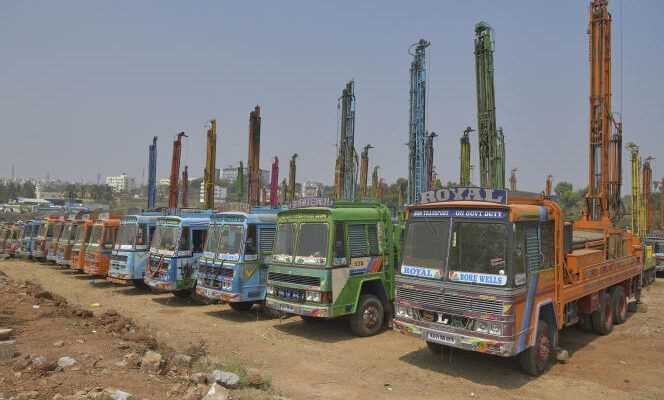TOA tense atmosphere on the outskirts of Dhaka, the capital of Bangladesh, and Chittagong, the country’s largest port. The drivers switched off the ignition and got out of the truck. The main national union called a general strike on Friday (November 5th) after the announcement of a 23% increase in the price of diesel fuel. “We will continue until the prices drop”, warned Tajul Islam, one of the union representatives. Bus drivers joined the movement.
Bangladesh is not the only one to see mounting anger at this increase. For the past week, tens of thousands of drivers have let go of the wheel in Thailand. On October 19, they had invaded the streets of Bangkok. The same is true in Indonesia, where protests, shortages and smuggling are increasing.
It must be said that prices have increased by more than 60% since the start of 2021 in the region, following the surge in oil prices. China has reduced exports from its refineries to meet domestic needs, and the Philippines has increased its imports.
Supply difficulties
This crisis is added to the long list of grains of sand which seize the world trade machine. Truckers were already missing on arrival at the port of Los Angeles, in the United States. From now on, there are no more drivers in the supplier countries. Until then, Bangladesh, like its neighbors, generously subsidized fuel prices.
This is becoming more and more difficult due to soaring prices and a budget weakened by the health crisis. The congressmen of the COP26 which is currently being held in Glasgow (Scotland) also receive the message: in these large countries, the growth of trade is still built on cheap and subsidized black gold. There is currently no replacement solution on the table.
It is also bad news for Western economies, already facing all kinds of shortages that push prices up. In its conjuncture note, the Banque de France notes that 56% of the bosses of the industry that it questioned claim to have supply difficulties. They are 86% in the automotive industry. Asia is the backbone of spare parts supply for Western industries. The drivers of Chittagong have also become agents of dissemination of global inflation.
